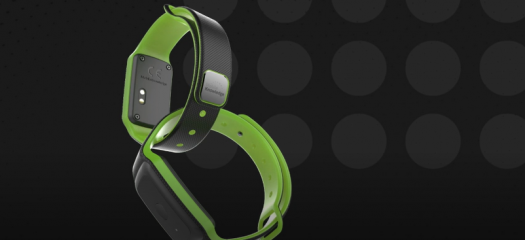The new challenges that our world is facing because of covid-19 disease prompt new waves to securely store person's health related information without compromising individual’s privacy. The MK101 positions as the ideal solution for users and third parties to securely link person's identity to health status while protecting the privacy and rights of citizens.
One of the main challenges to face in a Covid-19 post pandemic world is to find the right balance between a progressive deconfinement method and the risk of a new wave of contagion. Adequate and accurate testing and tracking of the individuals is crucial to help stop the spread of disease since many who have been exposed can display no symptoms. Secure reintegration of previously infected population by means of identification techniques is required to ensure a smooth transition to the new normality. Immunity certificates, antibody proofs or vaccinations passports could help restore trust and reopen economies faster by linking individual’s identity to a health related information that could be shared with third parties like employers, event organizers or restaurants.
The MK101 device is the ideal solution to store the link between your identity and health status. The encrypted health credential provisioned by trusted parties such as Governments or Health Officials can be easily consulted by third parties to operate as required, for instance allowing healthy people to enter an event through the fast line and requesting all other people without an accredited health certificate to go through the slow line for additional health measurements. Because there is no data to be stored in any backend, this solution proves to be scalable.
The user downloads the consumer application on the mobile phone and creates a new user profile by entering the name, date of birth and a photo. This information is transmitted to the Health Official who creates the health credential to be provisioned into the wearable device.
Later, the user visits the doctor and gets a health check. The doctor stores the health information into the wearable together with the date of inspection and all relevant pieces of information by using a contactless smart card reader attached to the computer. This information is stored encrypted into the wearable’s Secure Element in a way that only accredited third parties might have access to read it.
Finally, the user presents the wearable storing the health credential to the event organizer who can quickly and securely confirm the user identity and health status.
Related topics
A highly integrated and cost-optimized white label platform to digitize any secure NFC Services such as payment, transport and access.
